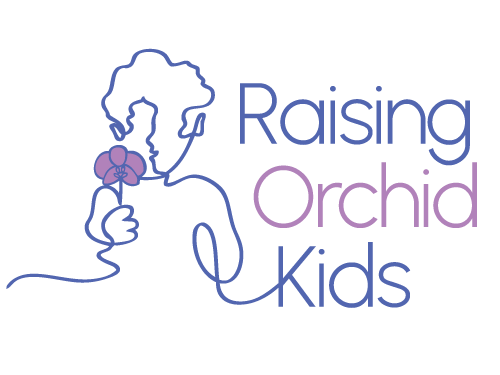“Why are you telling us to praise our kids when all the literature seems to say that praise is bad for kids?” was a question that came up In our Raising Orchid Kids class not long ago.
At first glance, there does seem to be a paradox here. In order to build resilience, the parenting literature definitely recommends NOT praising your child.
Praise can lead to an unhealthy need for approval, external motivation, “people-pleasing”, and blind compliance. It can lead to a dependence on others for validation and self-esteem.
Ick. We don’t want that.
And yet, we DO want to use some strategies that are going to increase pro-social (“good”) behaviors – particularly with our Orchid Kids who aren’t intrinsically motivated by the same things that most kids are.
We also DO want to find ways to deliver acknowledgement (another term is “positive reinforcement”) when we “catch kids being good”.
So, how do we do that without falling into the Praise Trap?
The difference is effort.
When we acknowledge effort as opposed to praising results, THEN we are calling attention to the “right” things.
There is a difference (see if you can catch it) between:
“you’re such a good boy for bringing your plate to the sink” and
“thanks for bringing your plate to the sink” or even,
“you remembered to bring your plate to the sink all by yourself”.
The first example is a value judgment about the person (“you are”) the others are comments about the action.
In general, the more you stay away from “you are” statements and make more “you did” statements, the better for everyone.
For example, rather than “you are so smart”, you might say, “you worked really hard on that assignment” or “you tried your best” or “you knew you could do it”, or (even better!) “you weren’t sure you could do it, but you worked hard and you DID!”.
If you’re still not seeing the difference, we’re happy to chat more about how to implement more constructive, process-based, positive comments into your daily routine. It’s one of the most powerful strategies we can use with our Orchid Kids.

